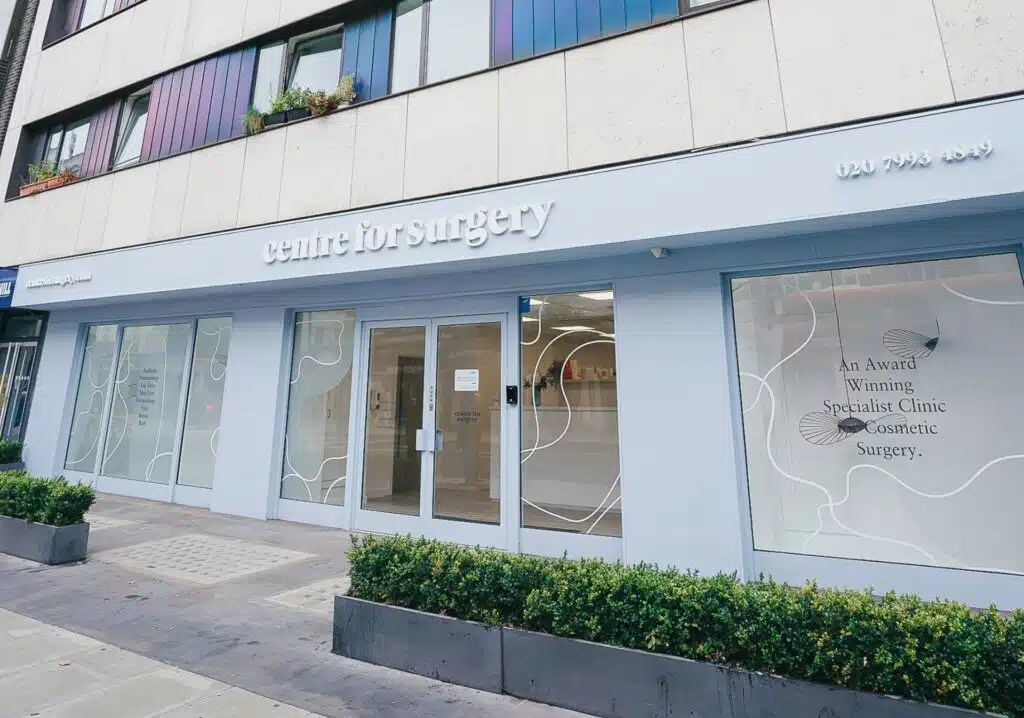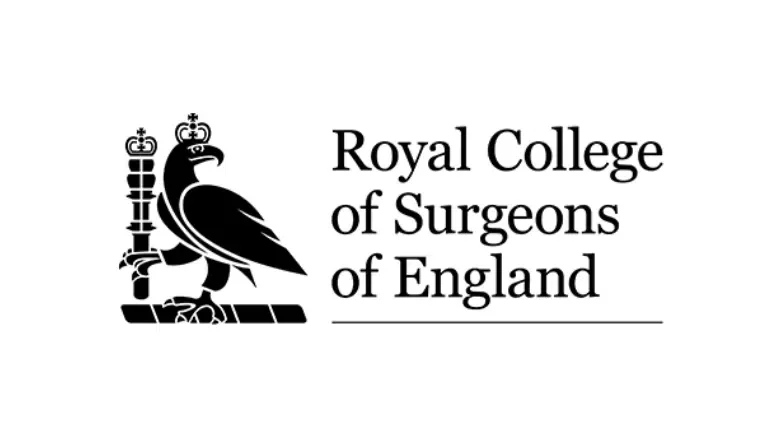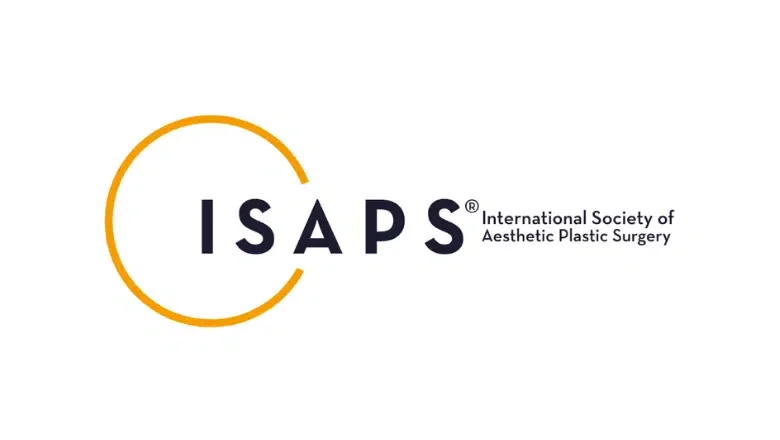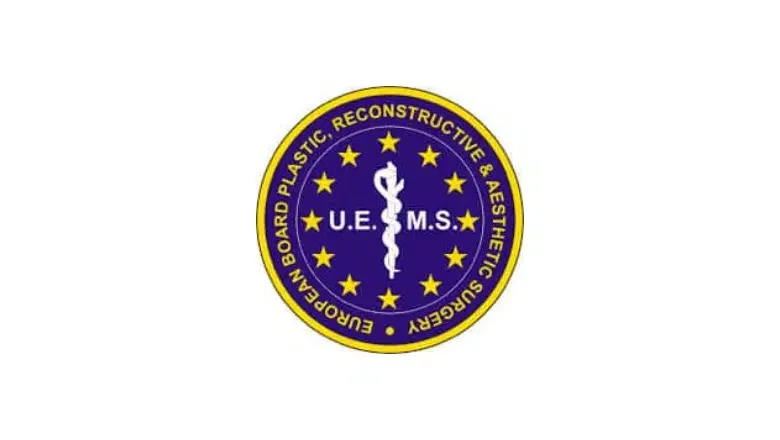Labiaplasty continues to be one of the most popular cosmetic gynaecology procedures in the UK. Given the amazing results it can produce, it’s not hard to see why. Labiaplasty can lead to improvement in several areas including the alleviation of pain and irritation and allowing women to regain their sexual confidence.
RELATED: What is a Labiaplasty?
As treatments for women’s sexual health issues become more commonplace, many women understandably have questions about what labiaplasty involves. We commonly get asked about labiaplasty and pregnancy. Do we recommend having a labiaplasty before or after pregnancy? Here, we outline the pros and cons of having a labiaplasty before and after pregnancy, and the right choice for you depends on your own unique needs and preferences.
Labiaplasty before pregnancy
Choosing the right time to have a labiaplasty is an important factor to consider, as the procedure can have effects on the vagina. Labiaplasty surgery is an elective surgical procedure that is designed to address cosmetic appearance involving the labia minora. Labiaplasty can correct asymmetry, remove excess skin and labial tissue and relieve pain, discomfort and irritation. The aesthetics of the female genitalia mean different things to different people, and each procedure must be customised to the individual patient. Although labiaplasty is most commonly requested to improve cosmetic appearance, the procedure can also be carried out for medical reasons, including for women who experience pain during sexual intercourse and cannot wear tight-fitting clothing items due to having large labia.
Whatever the reasons for seeking labiaplasty, the procedure results in permanent changes to the size and shape of the labia. Patients can be reassured that labioplasty does not increase the risk for women who wish to become pregnant in future. Having a labiaplasty does not prevent you from becoming pregnant, nor does it lead to any problems during childbirth.
The vagina is a surprisingly adaptable component of the female reproductive system. Women who have labiaplasty will not experience any disruption to the function of the vagina. It is, therefore, safe to get a labiaplasty before pregnancy. In many cases, women can even benefit from having a procedure before pregnancy. The most common reason to seek a labiaplasty is because of labial hypertrophy or enlarged labia. Having labial hypertrophy can be a significant source of pain for many women who often suffer in silence as they are not aware of the potential treatment options for this common condition. Many women may experience discomfort during sexual intercourse and this can have an impact on self-confidence and emotional well-being. The appearance of the labia can also be a source of concern, with many women being unable to expose their labia to their partner during acts of intimacy.
These are valid reasons to consider having labiaplasty before pregnancy. Some women may decide to wait until they have completed their family however having labiaplasty before pregnancy will not affect the ability to become pregnant or to give birth in the future.
Labiaplasty after pregnancy
In most cases, we recommend patients to get a labiaplasty after pregnancy for a number of reasons. Firstly, the labia minora and labia majora often change in size and shape whilst pregnant. This is due to the increased blood supply to the area, which may lead to elongation of the labia. Every woman responds differently to being pregnant. However, most women may experience a significant increase in the growth of the labia. This phenomenon mostly occurs during the latter stages of pregnancy when there is a surge of hormones, including an increase in oestrogen. Whilst labial swelling may settle down after pregnancy, in some cases, it can be permanent.
If women decide to get a labiaplasty before pregnancy, labiaplasty results could be affected after they have given birth, and this could adversely affect the results of the procedure. Another reason to get a labiaplasty after pregnancy is that it can easily be combined with other vaginal rejuvenation procedures. Normal vaginal delivery may in some cases result in injury to the bladder or the rectum during the passage of the baby’s head. These issues can often be dealt with and effectively repaired at the same time as having a labiaplasty as part of a pelvic floor repair procedure.
Labiaplasty surgery can be easily combined with a perineoplasty. Perineoplasty surgery is able to correct any soft tissue tears that occur between the vagina and anus during childbirth. The procedure is designed to reconstruct the soft tissue anatomy and restore normal functioning. Perineoplasty can also improve the appearance of the opening of the vagina. Many women may notice a wide gaping vagina after childbirth, and this shape can be restored to the pre-pregnancy condition. A perineoplasty can be combined with a vaginoplasty to tighten the vagina to improve sexual sensation during intercourse.
Our specialists often combine labiaplasty with vaginal tightening. Vaginal tightening can be performed with non-invasive laser vaginal tightening or as part of a surgical vaginal tightening procedure with a vaginoplasty for more severe degrees of vaginal laxity. This is often known as a mummy makeover when combined with a tummy tuck and a breast lift.
The best time to perform labiaplasty after pregnancy will depend on a number of factors. In general, we would recommend that women wait at least 3 to 6 months after childbirth before considering labiaplasty or any other type of vaginal rejuvenation procedure.
When it comes to getting a labiaplasty before or after pregnancy, there is no right or wrong decision, as the procedure does not affect a woman’s ability to get pregnant. For women who are experiencing significant distress and anxiety from excessively large labia, which may be causing physical discomfort, it may be better to have labiaplasty surgery sooner rather than later.
RELATED: How to choose the best labiaplasty surgeon?
Why Choose Centre for Surgery for Labia Reduction?
At Centre for Surgery, we offer a bespoke experience, providing personalised treatments that combine innovation, patient safety, and unparalleled expertise. Our specialist plastic surgeons have vast experience in labia reduction procedures, ensuring that you receive the highest standard of care.
Expertise and Innovation
Our plastic surgeons are UK-trained and are experts in their field, backed by years of experience in performing labia reduction surgeries. At Centre for Surgery, we believe in keeping up with the latest techniques and technologies to ensure optimal results.
Accredited Facilities
Our clinic is situated at 95-97 Baker Street, London W1U 6RN, and is equipped with state-of-the-art facilities that are CQC accredited. This assures you of the highest standards of safety and hygiene throughout your journey with us.
Comprehensive Care
From your initial consultation to post-operative check-ups, we offer a full spectrum of patient care, including psychological assessment and round-the-clock post-operative support.
Patient Testimonials
- “From the very first consultation, I felt completely at ease. The team at Centre for Surgery are caring and professional. My results have been fantastic, and it’s made a huge difference to my confidence!” – Emily, 32
- “The aftercare was second to none, and the nurses were so supportive. It’s the best decision I’ve ever made.” – Sarah, 27
- “I was nervous about the surgery, but the consultation was so thorough and informative that it put all my fears to rest. The operation was quick, and recovery was smooth. I highly recommend Centre for Surgery!” – Laura, 29
Book Your Consultation Today
Ready to take the next step? Book your consultation with our experts to discuss your goals and explore your treatment options.
- Phone: 0207 993 4849
- Email: contact@centreforsurgery.com
- Address: 95-97 Baker Street, London W1U 6RN
For more in-depth information on labia reduction and other procedures, please visit our plastic surgery blog: Centre for Surgery Blog.
Your journey to a more confident you starts here, at Centre for Surgery.
RELATED: How much does a labiaplasty cost?










